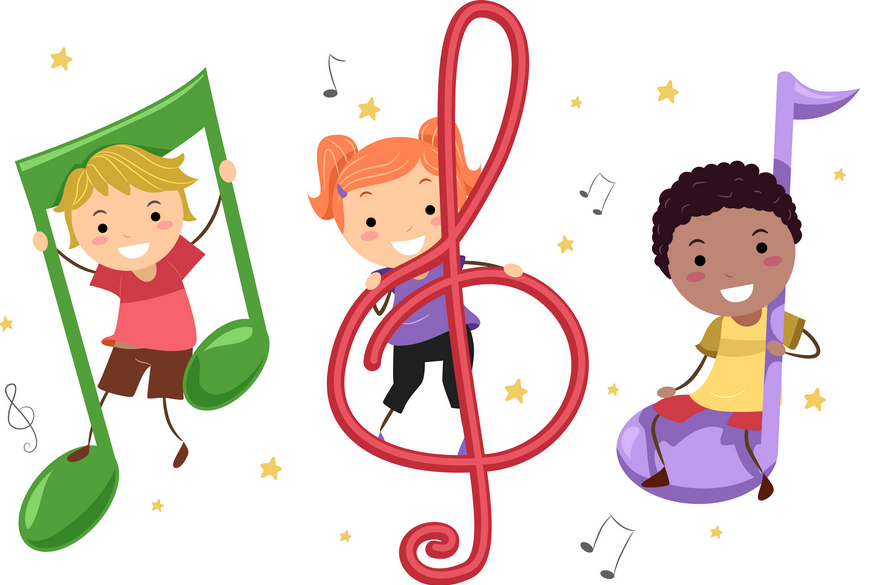“…Research has shown that children who struggle with rhymes will more than likely later struggle with reading.”
The above statement alone is enough reason for us to consider how we can use songs in children’s day-to-day lives. Although there are countless benefits to songs, rhymes and poems for children, it can often be difficult to find a way to incorporate them into the day.
A wonderful way of using rhymes and song is the use of transitional songs. If you aren’t aware, transitional songs are used between activities to make the change from one thing to another and have many benefits themselves.
In fact, if you are looking for a way to make your day run more smoothly, transitional songs could be the answer. Whether it’s singing a song about stretching your legs out when you get up from reading time ready to head out to play, or a song to initiate packing up toys, the songs can be powerful triggers for activities to help children to gather their thoughts and prepare for the change.
Songs also serve us well in encouraging rote learning through memorisation which, while having been set aside by many educators, I believe assists children to retain all the information they take in every day. The excerpt below is one that I think explains the benefits of rote learning very well:
“…Decades ago, rote learning went entirely out of fashion amongst educators, in favour of helping students think creatively and problem solve. Yet, the pendulum swung a bit too far, and the baby got chucked out with the bathwater. For in truth, there are many advantages to memorising information. After all, while it’s important to be able to think and apply knowledge, if you don’t have any knowledge to apply, knowing how to apply it is pretty useless. This is where memorisation comes in.” – by Brett & Kate McKay ‘. You may like to check out this link about memorisation: http://www.artofmanliness.com/2009/06/09/30-days-to-a-better-man-day-10-memorize-if/.
In addition to the use and benefits of transitional songs and rote learning, here are five more reasons to include rhymes in children’s lives:
1. Nursery rhymes, poems and songs will provide your children with opportunities to develop an appreciation for rhyme and rhythm.
2. The development of auditory skills comes from listening to poems, songs and rhymes and LISTENING is an important skill to develop.
3. Poems and verses use words to paint mental pictures and help to expand their imagination.
4. While you read, sing, play and act out nursery rhymes together you are conveying to your children that sounds make words and that words are fun and you are creating a sense of humour.
5. Rhymes and Fingerplays help children to develop fine motor skills and coordination.
As promised in our most recent email to you all, here’s the link to ‘Tidy Up’ – easily the most useful transitional song you’ll find!
We’d love to know how you use songs in your day, so please feel free to comment and share with us.

